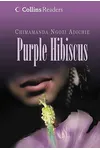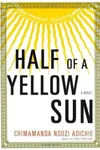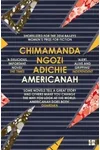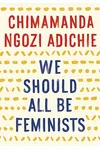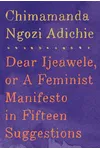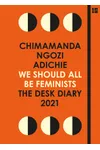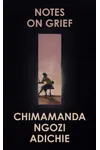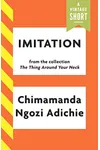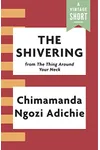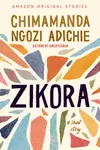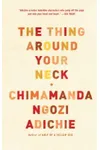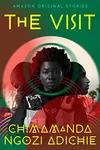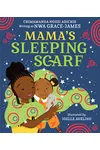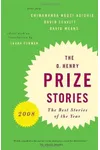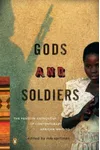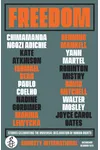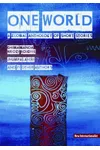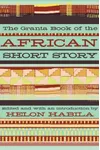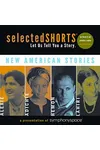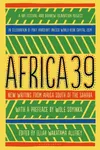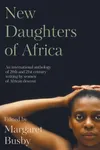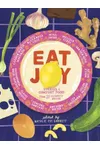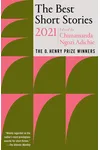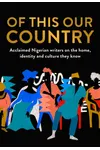Picture a Nigerian storyteller whose words weave tales of identity, love, and resilience—meet Chimamanda Ngozi Adichie! Born in 1977, this literary powerhouse has captivated readers worldwide with novels like Purple Hibiscus and Americanah. Her sharp insights and vibrant storytelling have made her a global icon, blending Nigerian roots with universal themes.
Adichie’s work isn’t just about stories; it’s about sparking conversations on race, feminism, and culture. With a TED Talk viewed millions of times and a MacArthur Genius Grant under her belt, she’s a voice that resonates far beyond the page. Ready to dive into her world?
The Making of Chimamanda Ngozi Adichie
Chimamanda Ngozi Adichie was born in Enugu, Nigeria, the fifth of six children in an Igbo family. Raised in Nsukka, where her father was a professor, she grew up surrounded by books and stories. At 19, she moved to the United States to study communications and political science, but her love for storytelling soon took over. Inspired by Chinua Achebe, she began writing, blending her Nigerian heritage with her experiences abroad.
Her early years weren’t just about academics; they were about finding her voice. Adichie’s curiosity about identity—shaped by her life between two continents—became the heartbeat of her work. By her mid-20s, she was already turning heads with her debut novel.
Chimamanda Ngozi Adichie’s Unforgettable Stories
Adichie’s novels are like windows into the soul of modern Nigeria and the diaspora. Her debut, Purple Hibiscus (2003), tells the story of a young girl navigating family and faith in a turbulent Nigeria. It’s a quiet yet powerful tale that earned her the Commonwealth Writers’ Prize.
Then came Half of a Yellow Sun (2006), a sweeping novel about the Biafran War. With rich characters and unflinching honesty, it won the Orange Prize and cemented her as a literary force. Americanah (2013), her most celebrated work, follows a Nigerian woman’s journey in love and identity across continents. It’s a love story, a cultural critique, and a bestseller all in one. Her essay We Should All Be Feminists (2014), adapted from her TED Talk, is a global call to action, embraced by readers and even sampled by Beyoncé!
Adichie’s style is vivid yet accessible, blending humor, heartache, and sharp social commentary. Her themes—identity, migration, and gender—resonate because they’re deeply personal yet universally relatable. Whether she’s writing about war or hair salons, her stories linger.
Why Chimamanda Ngozi Adichie Matters
Adichie’s impact goes beyond books. She’s redefined African literature for a new generation, drawing readers to stories that challenge stereotypes. Her TED Talks, like “The Danger of a Single Story,” have inspired millions to rethink narratives about Africa and beyond. By tackling race, feminism, and diaspora life, she’s sparked global conversations that echo in classrooms, book clubs, and even pop culture.
Her awards—MacArthur Genius Grant, National Book Critics Circle Award—reflect her influence, but her real legacy is her ability to make readers feel seen. Adichie’s work reminds us that stories can bridge divides and ignite change.
About Chimamanda Ngozi Adichie
- Born: September 15, 1977, Enugu, Nigeria
- Key Works: Purple Hibiscus, Half of a Yellow Sun, Americanah, We Should All Be Feminists
- Awards: MacArthur Genius Grant (2008), Orange Prize (2007), National Book Critics Circle Award (2013)
- Fun Fact: Her TED Talk inspired Beyoncé’s song “Flawless”!
Snag Americanah or We Should All Be Feminists and dive into Adichie’s vibrant world of stories and ideas!
